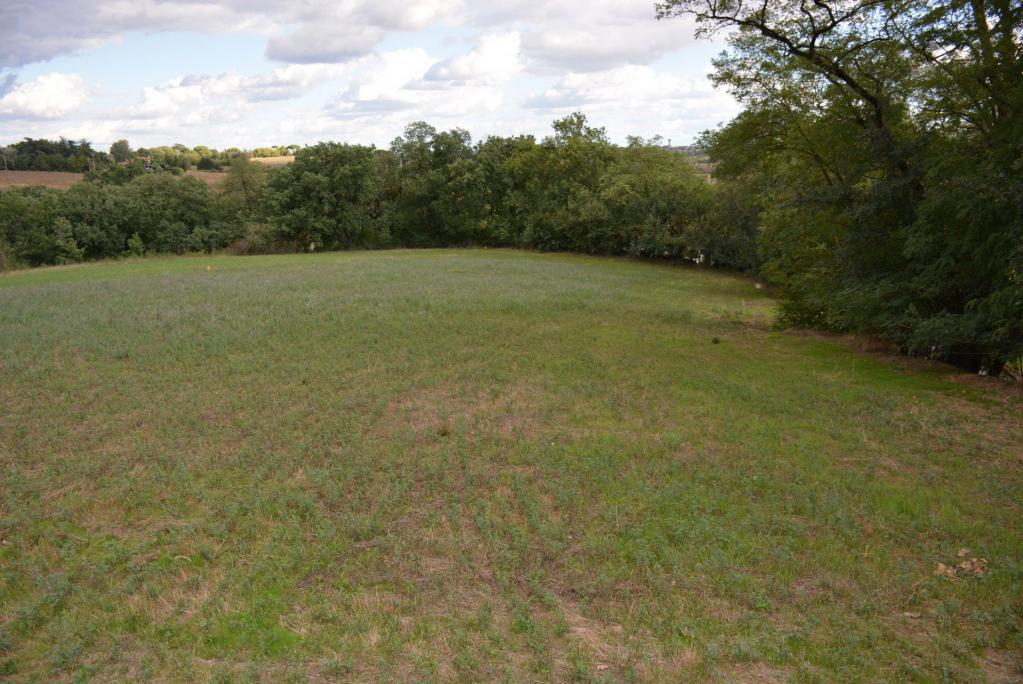Modern legal relations in land use in the Russian Federation are determined by the state and constituent entities of the Russian Federation. Regulatory acts that govern the rules in this area include the country's Constitution, the Land Code, laws, laws of constituent entities of the Federation, decrees of the head of state, government decrees, acts of specialized departments, constituent entities of the Russian Federation and local authorities.
The concept of land rights in Russian law
The concept of land rights in Russian law provides for taking into account the interests of citizens of the country and society as a whole when using this resource. In this regard, in addition to the proper rights, certain burdens or restrictions are imposed on land users.
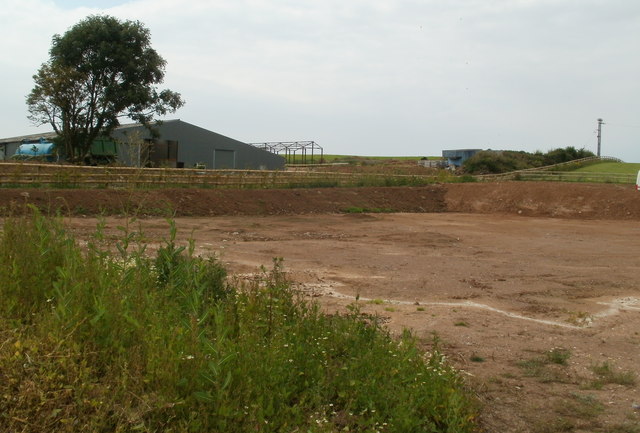
The latter include all sorts of measures to prohibit, infringe or restrict certain actions in land use. Restrictions cannot go beyond the rights to land and land of certain users.
The encumbrances imply a special regime for the use of land resources, in which special obligations arise during the operation of plots. An example of such norms is the provisions of the law that land in the border areas of the country cannot be used by citizens without citizenship or by foreigners. A special land use regime is also established in environmental zones, in places of architectural or historical monuments.
Types of land rights
ZK RF establishes five types of land rights. These include:
- State enterprises, central and federal authorities, and also institutions have the right to unlimited use of land. Exclusive rights to privatize such sites are granted to citizens and legal entities who already have buildings or structures on their territory.
- The inherited lifetime possession of the land is guaranteed to persons who had the relevant rights before the entry into force of the RF Labor Code. An individual possessing this right can once a lifetime acquire a land plot in property on a free basis.
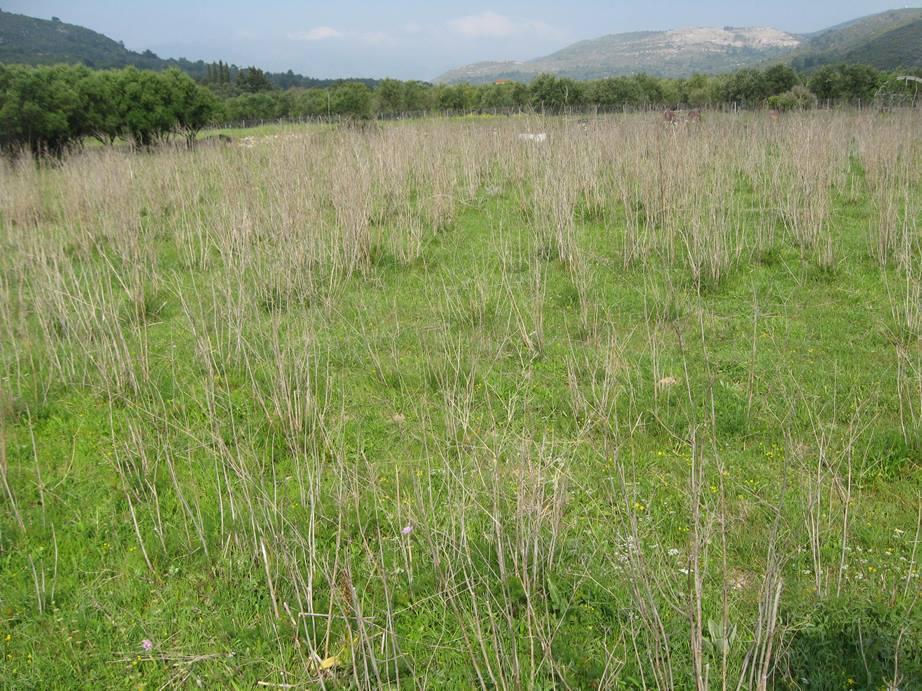
- Land lease provides for the transfer of the right to use the land from the owner to another person. Lease rights may be transferred to third parties or used as collateral or charter capital.
- The so-called easement, exercises the right of common ownership of land in those cases when it is necessary in the interests of the country, local governments or the population. Its implementation is not ownership of the land, but is carried out through public hearings. An example of such rights is the use of land for transport or people passing through them, driving livestock, laying engineering, transportation or other communications, temporary use of land for research or research, etc. The landowner has the right to demand the right to pay for the easement if under him, his ownership right is substantially limited.
- Urgent gratuitous use of land is provided to citizens, enterprises or authorities on the basis of allocation of plots of state or municipal property, under an agreement from other citizens or legal entities, as an allotment of official allotment.
In addition, according to the category of entities using land resources, the following types of rights can be distinguished:
- private
- state;
- municipal.
Other land rights are not provided for by the main document defining land relations.
Private land rights
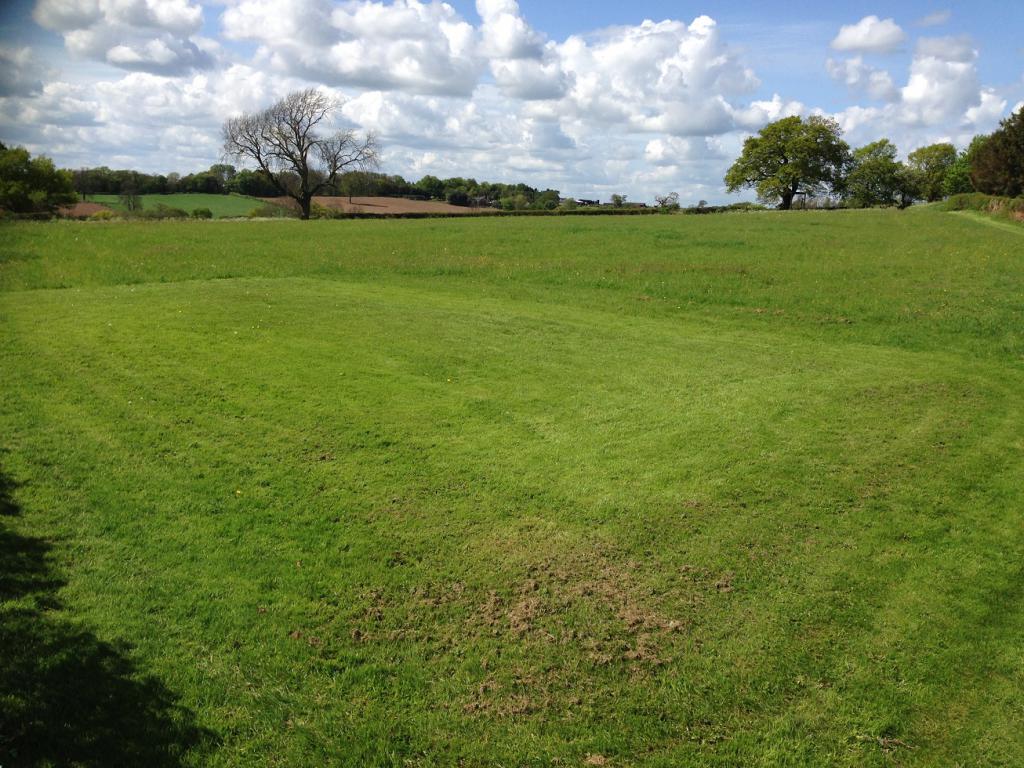
Private land right gives the landowner three powers - to own, use and dispose of it as real estate. In particular, he can use it at his discretion (for building, cultivating crops, collecting medicinal herbs, extracting minerals for his own needs, etc.). In addition, the owner may alienate his rights in favor of other persons: either in full or in part; use land as collateral or encumber by any other means. ZK RF does not establish restrictions on the use of a private plot except those that are contrary to law.
Holders of private land rights also have their own responsibilities. These include:
- targeted use of land;
- timely making appropriate payments for it;
- preservation of all established geophysical and boundary marks;
- prevention of land pollution and others.
State land rights
State land right is exercised in areas that do not belong to individuals or legal entities, as well as municipalities. Such plots usually include land, the right to which is established by the laws of the country, arose as a result of delimitation of state ownership of land resources or upon its acquisition on the basis of the Civil Code.
The law provides that the law of the Russian Federation applies to the lands of forest and water funds, specially protected natural territories, as well as reserve lands. In addition, the state may own agricultural, industrial, transport, cultural, historical and recreational lands, if other entities do not have rights to them.
Municipal land rights
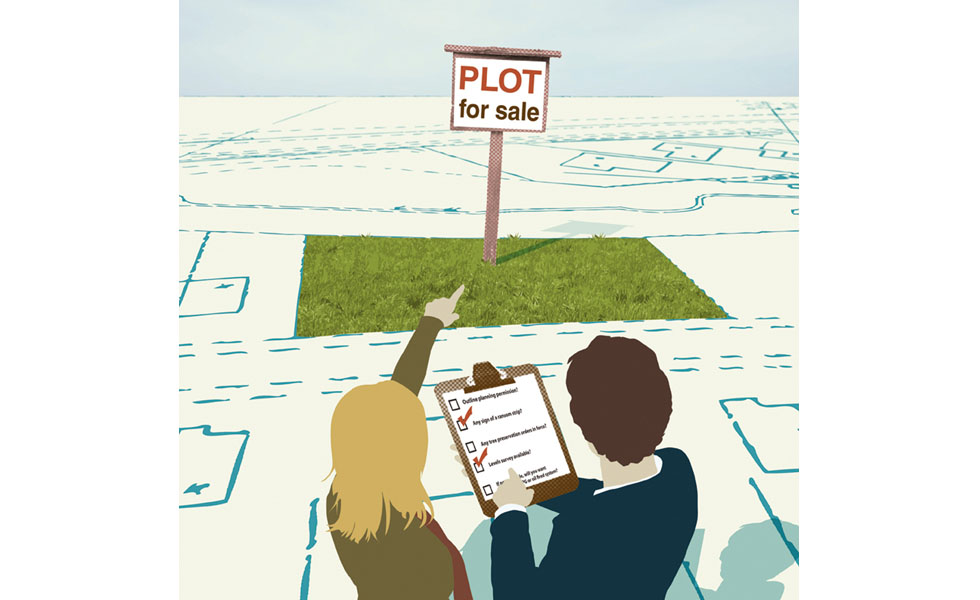
Municipal right to land arises on the basis of its transfer by the Russian Federation or its subject to the appropriate entity. Moreover, the site can be located both within the settlement and outside it. Thus, one municipality may own a plot in the territory of another.
The acquisition of the relevant rights does not entail changes in the boundaries of education, unless this is provided for by the relevant regulatory acts. The main task of local authorities implementing municipal land rights is the organization of life, work and leisure of the local population.
The emergence of land rights
According to legal practice, the basis for the emergence of land rights is a legal fact. These include a person’s application for the exploitation of a subsoil use plot or a land lease agreement. In addition, event factors are attributed to them, such as the allocation of a land plot to a certain fund, after which certain legal relations arise in relation to it (for example, the right to redeem land can be realized).
The most common legal forming legal facts are acts of authorities and local self-government, agreements and court decisions.
Termination of Rights
The grounds for termination of land rights in legal practice are divided into voluntary and compulsory. The former include the alienation of land rights in favor of other persons on the basis of an agreement or the refusal of the owner to possess rights. It should be noted that only private individuals have the right to refuse land ownership - the state or municipalities are not endowed with such powers.
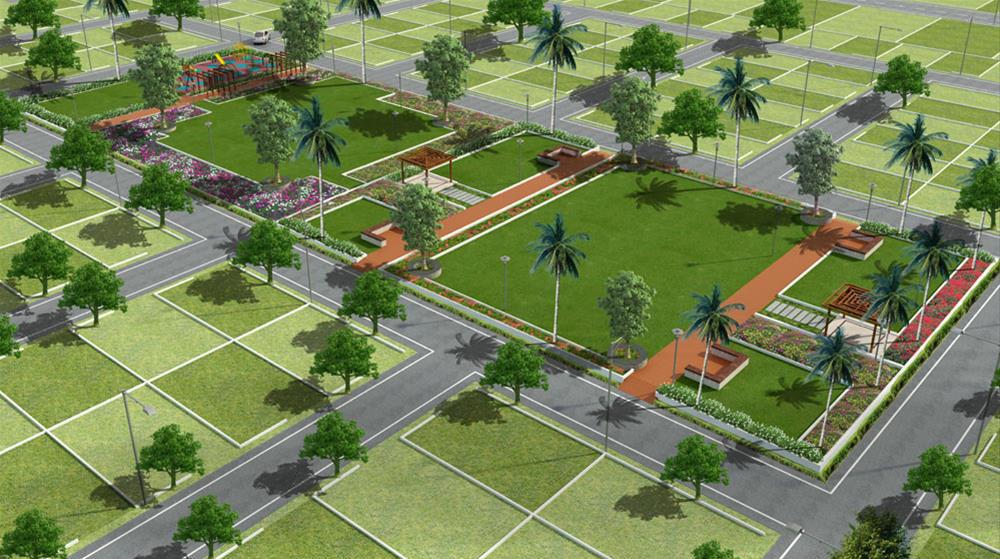
Forced alienation of a land plot can only be carried out by decision of the court. The following may be considered as grounds for forced land acquisition:
- disposals for collection of obligations;
- site confiscation;
- violation of tenure rights (for example, if the person who inherited the land is a foreign citizen);
- violation of legislation in the field of land use, etc.
Documents for obtaining land rights
In order to register the right to land, it is necessary to provide the established list of documents to Rosreestr. Individuals can also use the services of the MFC, but it is important to remember that the Center is only an intermediary between citizens and the registration authority.
Most often, changes in rights are recorded through sales contracts. The list of documents on the right of ownership of land arising in such cases includes:
- relevant statement;
- identity document of the applicant;
- receipt confirming payment of special state duty;
- cadastral passport for a registered land plot;
- copies of the agreement on the transfer of land rights and the act of transfer and acceptance in triplicate;
- documents confirming ownership of the seller’s land;
- papers that confirm ownership of the site of the selling party;
- if the seller is married, the consent of the spouse (spouse) to a transaction certified by a notary will be required, otherwise a notarial certificate that the party is not married is required.
An additional list of documents to be provided if the seller sells part of the site, which is owned by two or more people. Thus, he sells only a fraction of the total ownership of the land. First, it is necessary to allocate such a share that is subject to notarization. In addition, the pre-emptive right to acquire such a share is held by persons to whom the land belongs by right of common ownership. If within a month the seller has not received confirmation of the desire to acquire land or received a refusal, only then he has the right to sell his share of the land to third parties.
Registration of rights
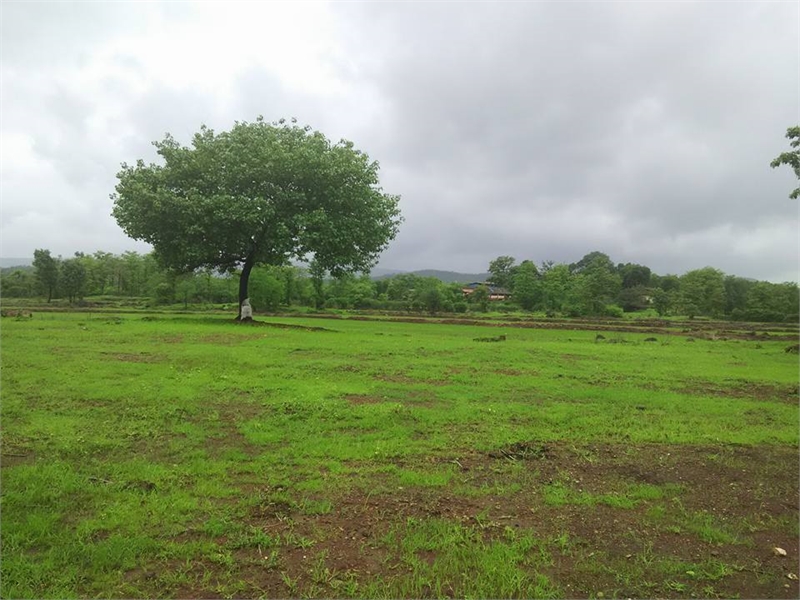
Documents on the right of ownership of land can be submitted to the office of Rosreestr or the Cadastral Chamber, as well as with the help of the IFC. You can bring the full package of documents in person - for a faster completion of this procedure, it is best to make an appointment through the Rosreestr Offices and Reception Internet service or by using a special phone number. Papers can also be sent via mail. If the registration authority provides such a service via the Internet with the help of an electronic digital signature, you can register the right to land through a worldwide network. In the same place, in the office, citizens can track the status of their application.
As practice shows, depending on the status of the land and the nature of entry into the rights to it, the term for registration of rights can be from three weeks to two months. The quickest way to draw up documents is to enter into rights to land plots with established boundaries and all necessary securities, which are registered through a purchase and sale transaction.
Land inheritance
The basis for the emergence of land rights may be the inheritance of property of the deceased. The procedure for registration of the inheritance of the site does not require any additional permissions and approvals and occurs on a common basis. The only document directly transferring the land by inheritance is a will.
In the absence of the latter, inheritance occurs in the order of priority between relatives and relatives of the deceased, which are divided into eight categories (in order of priority). The right to the plot passes to a close one from the next category only if there is no heir from the previous one.
If several relatives of the deceased claim the land, it can be divided into equal shares. Other rights to the land of the deceased arise if the plot cannot be divided due to the fact that the resulting allotments will be less than the minimum established standards. In this case, the heir who has the preemptive right to inherit shall enter into the rights.At the same time, he is obliged to pay compensation to other heirs for non-received shares of the plot, the amount of which is determined in a contractual or judicial order.
It is important to remember that the inheritance of land can only occur if the deceased had the right to own it. Thus, the right to permanent use of land, which relates mainly to plots in summer or garden societies obtained in Soviet times, does not provide the possibility of inheritance - only the same possibility of permanent use. To transfer such land allotment by inheritance, a citizen is obliged to enter into ownership rights to it.
Agricultural land rights
One of the categories of plots on which the most clear regulation rules are established by Russian law are agricultural land. Land law determines that the subjects of legal ownership of such allotments may be both individuals and legal entities. In this case, citizens of foreign states can also enter into legal relations, however, with the reservation, only on a rental basis, without entering into ownership.
The main requirement for granting the right to agricultural land is their use in agricultural production.
Individuals can acquire the rights to plots for conducting personal subsidiary plots, gardening. Crop production, horticulture or animal husbandry. The RF Labor Code does not exclude the possibility of uniting citizens in organizations to create improved farming conditions.
Both commercial and non-profit organizations can enter into ownership of agricultural land. The latter include religious organizations, research institutions, consumer cooperatives. Local authorities can expand this list (for example, they include Cossack communities or associations of indigenous peoples of the North of the Russian Federation).
Compensation of losses to the owners of land

Persons having legal relations regarding land plots must remember that in case of damage to them, they are entitled to full compensation for losses, including potential benefits. Including, land owners, its users and tenants have the right to count on compensation. The law provides for compensation in the following cases:
- land acquisition for the needs of the state or municipality;
- deterioration of soil quality as a result of the activities of others;
- easement or temporary occupation of territory;
- limitation in any way of ownership of the land;
- change of purpose of the site.
When calculating the amount of compensation, the value of the property of the owner of the land on the day that preceded the relevant fact of the damage is taken into account. Funds for reimbursement are withdrawn from budgets of the appropriate level or at the expense of persons who have caused changes in soil quality, restrictions on land user rights, etc.
The rights of citizens of the Russian Federation to land for various needs
The legislation of the Russian Federation guarantees each citizen the right to obtain or acquire a land plot for individual or suburban construction, maintenance of private household plots, construction of an individual garage, etc. It is important to note that in different constituent entities of the Federation this norm can be implemented in different ways, and the norms of the plots allocated for various needs can differ significantly.
To obtain a plot for individual residential construction, citizens of the Russian Federation must conclude an agreement with local authorities. The document prescribes the construction conditions and its terms, provides guarantees from the developer on the work, and also stipulates penalties for failure to comply with the terms of the agreements.The list of securities must be accompanied by a development plan for the site with all buildings, approved by the relevant authorities. A clause on compliance by developers with a plan of a local municipality on the compliance of buildings with the principles of urban improvement can be added to the contract. So, usually these requirements include the assignment of part of the site to green areas. A land plot for individual housing construction can be issued to several people, subject to cohabitation. Depending on the size of the settlement, the maintenance of large, small cattle or poultry may be partially or completely prohibited in such houses.
Land plots for summer cottage construction are usually issued outside the city or settlement zone. Such zones are equipped for the organization of recreation, and at the request of citizens - for the management of the auxiliary economy. All these sites are massively built up by the state and issued to them in turn or sold by the developer.
The plots allocated for the construction of garages do not differ in size in different regions of the Russian Federation, since such structures are of a typical nature and are intended exclusively for the storage of vehicles.
Land allotments for personal subsidiary plots or gardening are also allocated to citizens outside the settlement area. However, it is important to remember that when changing the master plan for urban development and expanding the municipality, such lands are the first to be withdrawn from the population. It should be noted, however, that the withdrawal takes place on a foreclosure basis. Persons who have received such allotments can freely make transactions on the sale of these sites, deposit them as collateral, etc.
The construction of any capital structures in the areas allocated under the management of LHP must certainly be coordinated with the authorities of the municipality. Otherwise, if the building is built on illegal grounds, then it will need to be demolished. If the owner can appeal such a decision in court, he will first have to pay a fine for illegal construction, and then legitimize the building.
All listed types of land allotments are issued to citizens of the Russian Federation in amounts that do not exceed the norms of the respective land plots in a particular region. The plots are provided free of charge, and their size depends on the number of family members of the applicant.
